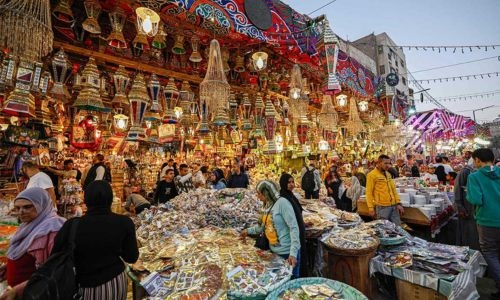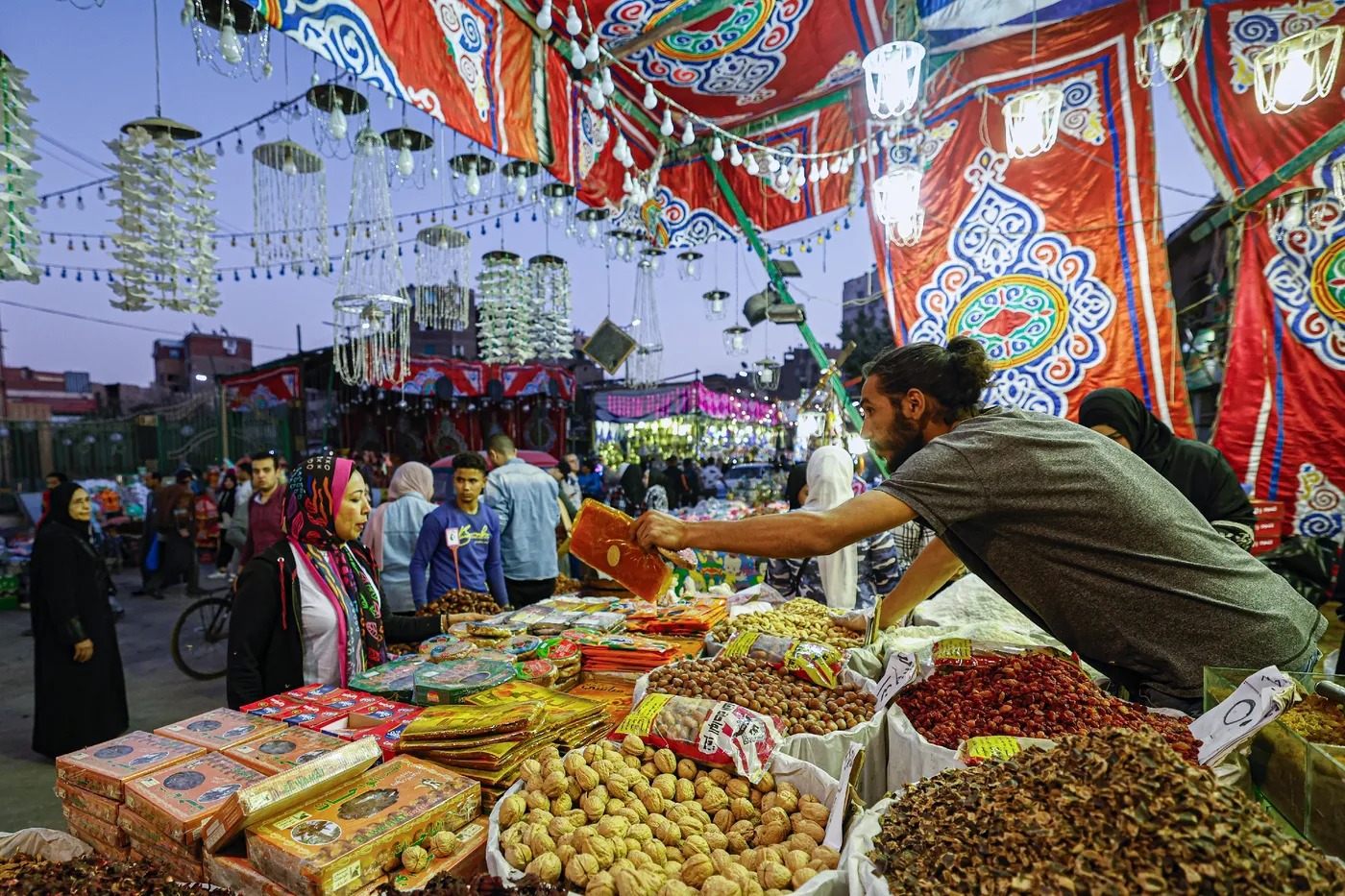Egypt’s Ramadan good Samaritans forced to tighten their belts
AFP | Cairo
The Daily Tribune – www.newsofbahrain.com
In Egypt, Ramadan is synonymous with giving to the poorest. This year, with the economic crisis, prices have soared, donors have become scarcer and soup kitchens have had to seriously cut back.
“Last year, we served 360 fast-breaking meals a day during the month of Ramadan. This year, we won’t even be able to provide 200,” the founder of a small charity in Cairo’s working-class al-Marg district said.
And yet, notes this good Samaritan who does not wish to give her name for reasons of confidentiality, these free meals have become vital.
Food prices have more than doubled, while inflation is running at 33% and devaluation at 50%.
For many families, she says, picking up a basket or sitting down at one of these associations has become “the only option for eating meat or chicken”, two foodstuffs that are now out of reach for the majority of Egyptians in a country where two-thirds of the 105 million inhabitants live below or just above the poverty line.
Ramadan is synonymous with charity in Egypt: “It’s a tradition that we hold dear, most Egyptians give their annual alms at this time,” says Manal Saleh, now head of the Egyptian Clothing Bank after founding the Food Bank in 2004, one of the country’s largest aid associations.
The proof? According to official figures, out of the 315 million dollars in donations given to associations over ten months in 2021, “90% was received during Ramadan”, she estimated.
But this year, the war in Ukraine, a strong devaluation and the global surge in inflation have all played their part.
For Fouad, a 64-year-old Cairo man who prefers to use a pseudonym, this has meant a surge in the number of families needing help during Ramadan.
More volunteers Last year, the small soup kitchen that this retired engineer runs with several friends distributed 250 meals a day.
This year, he says, more cooking will be needed “so that we don’t just help the poorest.
He now sees day labourers or small employees who, all year round, skip lunch and save “60 or 70 pounds”, or about two euros, “because they know that this sum can make a difference for their family”.
For in Egypt, one of the five countries in the world at risk of defaulting on its debt, there are no small savings.
According to the latest official figures, in 2021, the average salary was 120 euros.
But today, the cheapest kilogram of local meat in Cairo costs 6.5 euros, a quarter of a weekly wage.
This year, Fouad and his friends have managed to double their budget.
But at the cost of great effort and especially knowing that this would not double the number of beneficiaries, just exceed it a little.
“With two weeks to go before Ramadan, we looked at the figures and thought we might have to cancel everything this year,” he tells AFP.
“But fortunately those who could, doubled their donations because they know how important it is for us to be there at times like this.Even before Ramadan, NGOs were already receiving middle-class people crushed by soaring prices, asking for cheques to pay the rent, their children’s schooling or the maintenance of their car. Those who were generous donors until last year can no longer help the poorest. But, Saleh believes, “we have been through crises before and Egyptians have stuck together”.
“Even if people can’t give as much as they used to, we will see more volunteers, more people willing to cook for others, even if they don’t have money to give.
Related Posts


